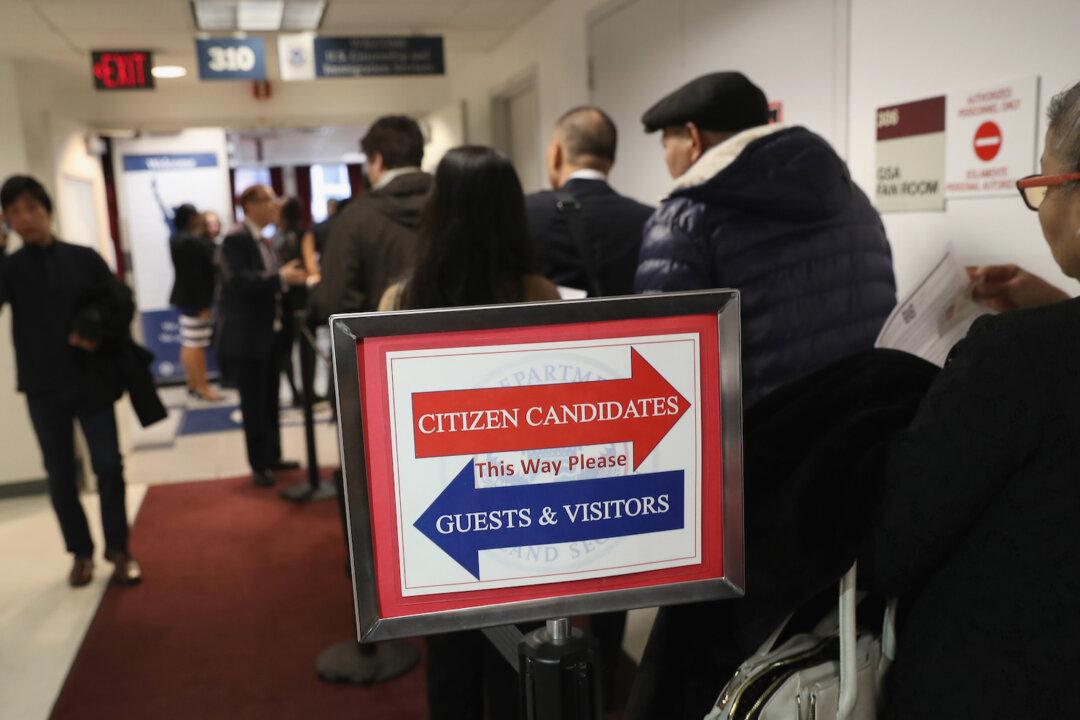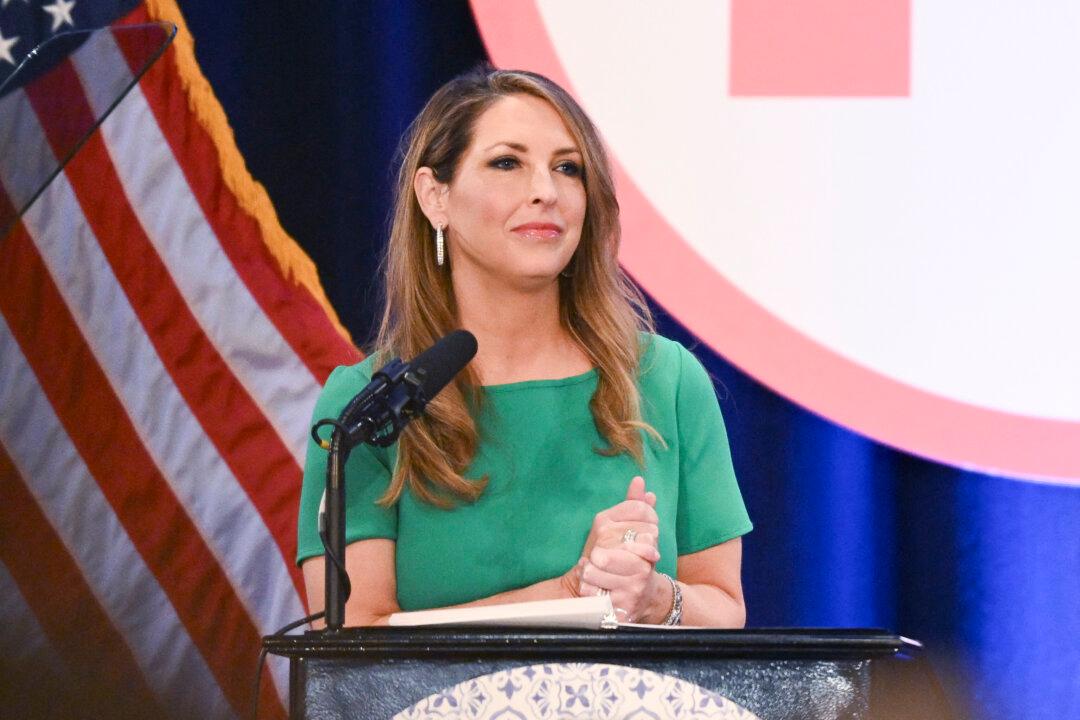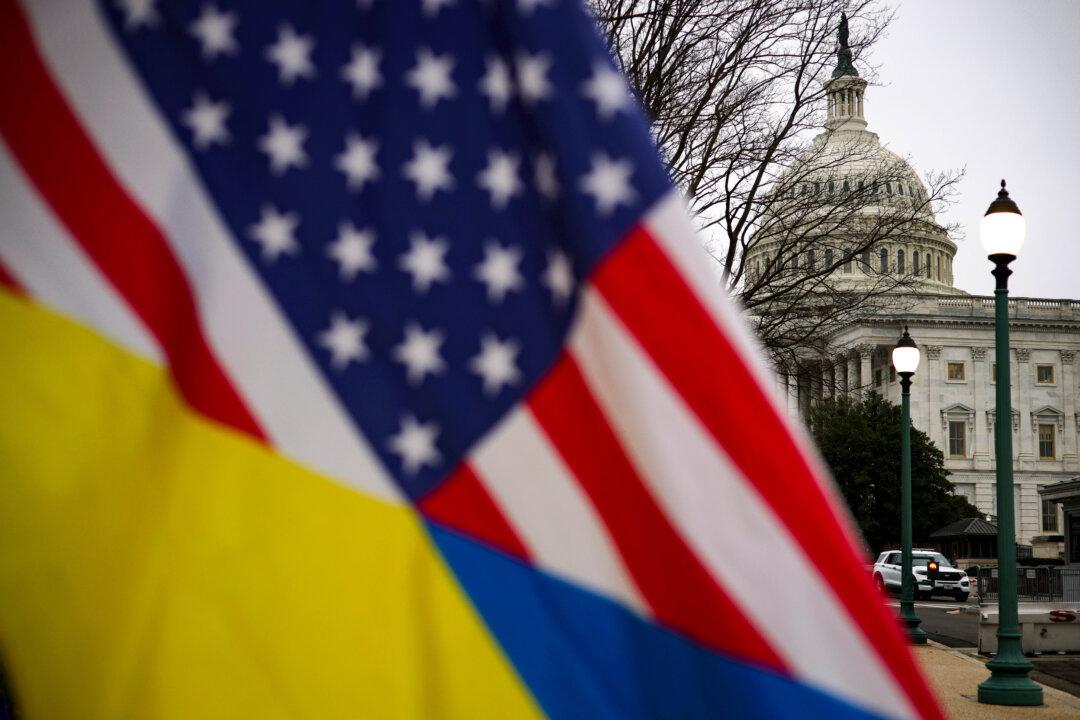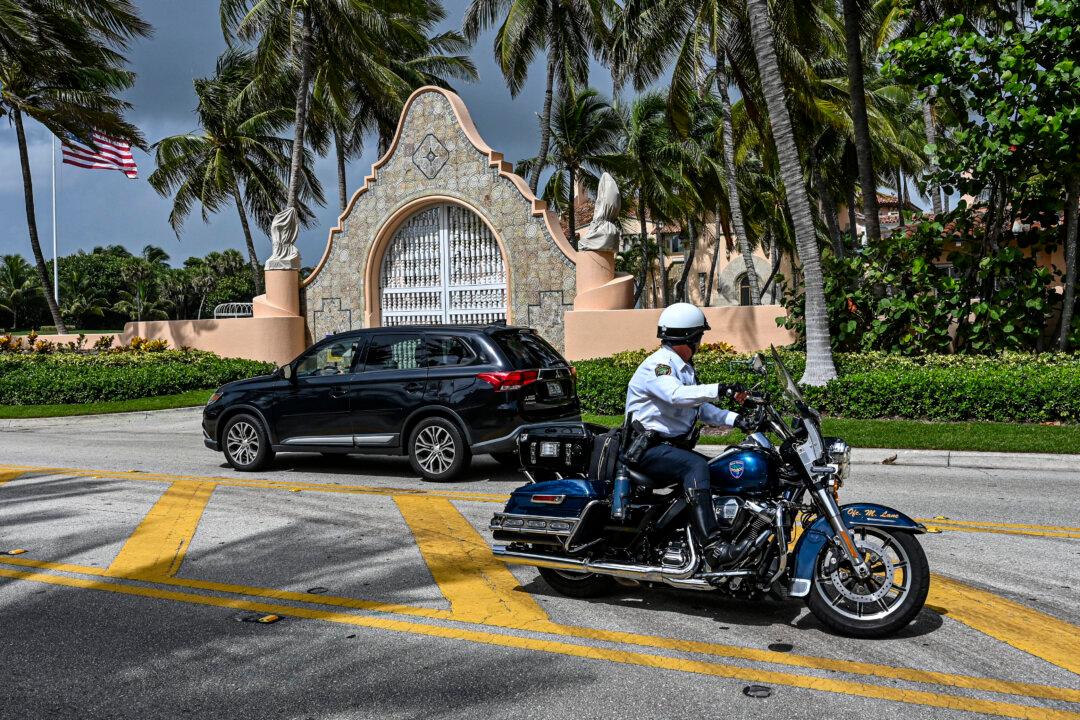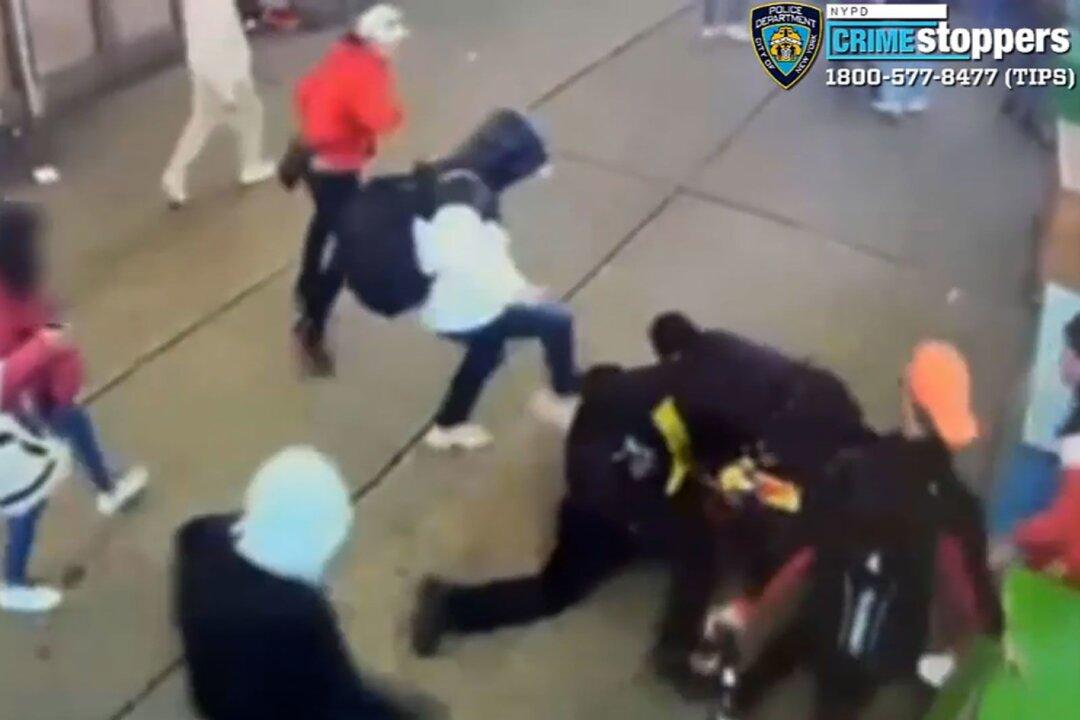Trump administration will begin on Feb. 24 denying green cards to aliens who would be dependent on government welfare for extended periods, after the Supreme Court lifted a state injunction on its “public charge” rule in Illinois, the U.S. Citizenship and Immigration Services (USCIS) announced Feb. 22.
Based on the rule, which was first introduced on Aug. 14 last year, the Department of Homeland Security (DHS) will determine an alien as inadmissible to the country or ineligible for permanent residency if he or she is likely to become a public charge at any time in the future.
